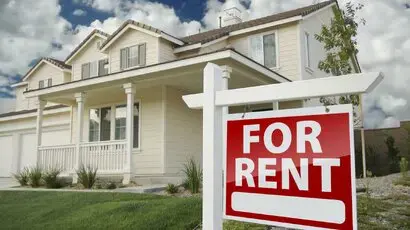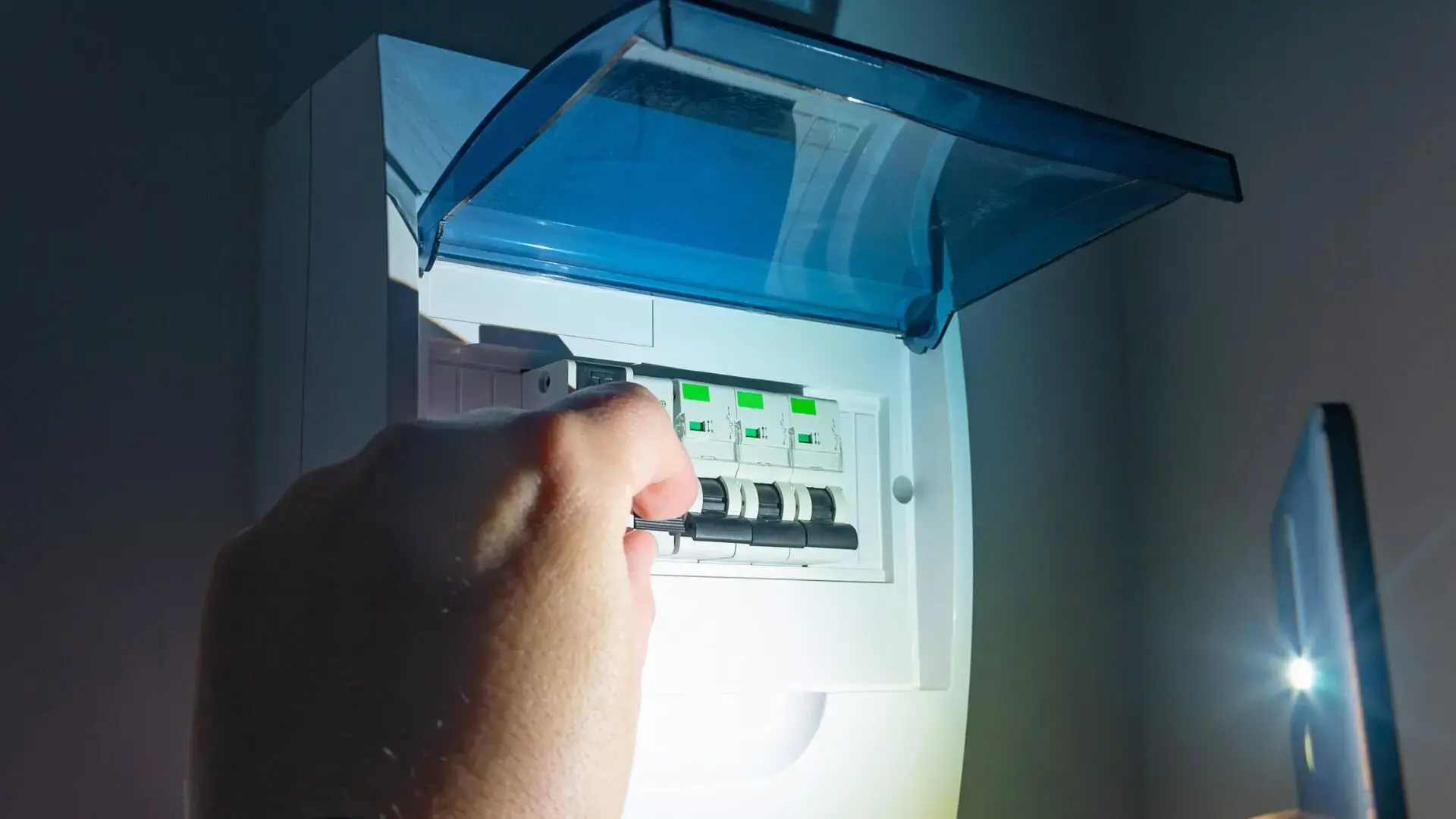
Get your free Melbourne Electrician quote today!
Our team of Melbourne Electricians is here to help you with any questions or concerns you may have. We’re committed to providing you with the best possible service and support.
Electrical safety should be a top priority in rental properties. This comprehensive guide explores the importance of RCD compliance. It outlines the roles of landlords and tenants in adhering to Australian standards, legal requirements, and best practices for a safe electrical environment.
Ensuring electrical safety in homes is vital, especially in rental spaces with diverse occupants.Adhering to Residual Current Device (RCD) regulations is key for protecting tenants from electric shocks and electrocution, and it’s also crucial for landlords to avoid legal troubles.
In this guide, we’ll delve into the roles landlords and tenants play in upholding RCD compliance. We’ll also cover the pertinent Australian standards and legal requirements, alongside best practices for maintaining a safe electrical atmosphere in rental homes.
Australian Standards and Legal Requirements
The installation and use of RCDs in rental properties are governed by the Australian/New Zealand Wiring Rules (AS/NZS 3000:2018), which provide detailed guidelines on the requirements for RCDs. Additionally, each state and territory in Australia may have specific regulations regarding RCD compliance in rental homes.
Ignoring these standards and regulations can lead to legal issues, such as fines or penalties. Landlords and tenants alike should get to know the relevant laws in their specific state or territory to avoid any mishaps.

If an electrical incident or injury arises from non-compliance, landlords may be held liable for any damages or harm caused by their failure to maintain RCD compliance. This liability can have far-reaching implications, including potential lawsuits, compensation claims, and reputational damage.
Consequently, ensuring RCD compliance safeguards the well-being of tenants and protects landlords from potential legal and financial ramifications.
Prioritise Electrical Safety in Your Rental Property
Ensuring RCD compliance in rental properties is a shared responsibility between landlords and tenants. By adhering to Australian standards, legal requirements, and best practices, both parties can contribute to maintaining a safe electrical environment and protecting against the risks of electric shocks, electrocution, and fires.
Landlords should prioritise installing, testing, and maintaining RCDs, while tenants should promptly report any issues or concerns and practice safe electrical usage habits.
If you’re a landlord or tenant in Melbourne and need guidance orassistance with RCD compliance, don’t hesitate toconsult the experts at WP Electrical. Our licensed electricians are well-versed in Australian standards and regulations and offer comprehensive services to ensure your rental property meets all electrical safety requirements.
Remember, electrical safety should be a top priority in any rental property, ensuring the well-being of tenants and the protection of valuable assets.Contact WP Electrical todayand let us help you prioritise electrical safety in your rental property.
Published by: Pascal Harb17 October 2025